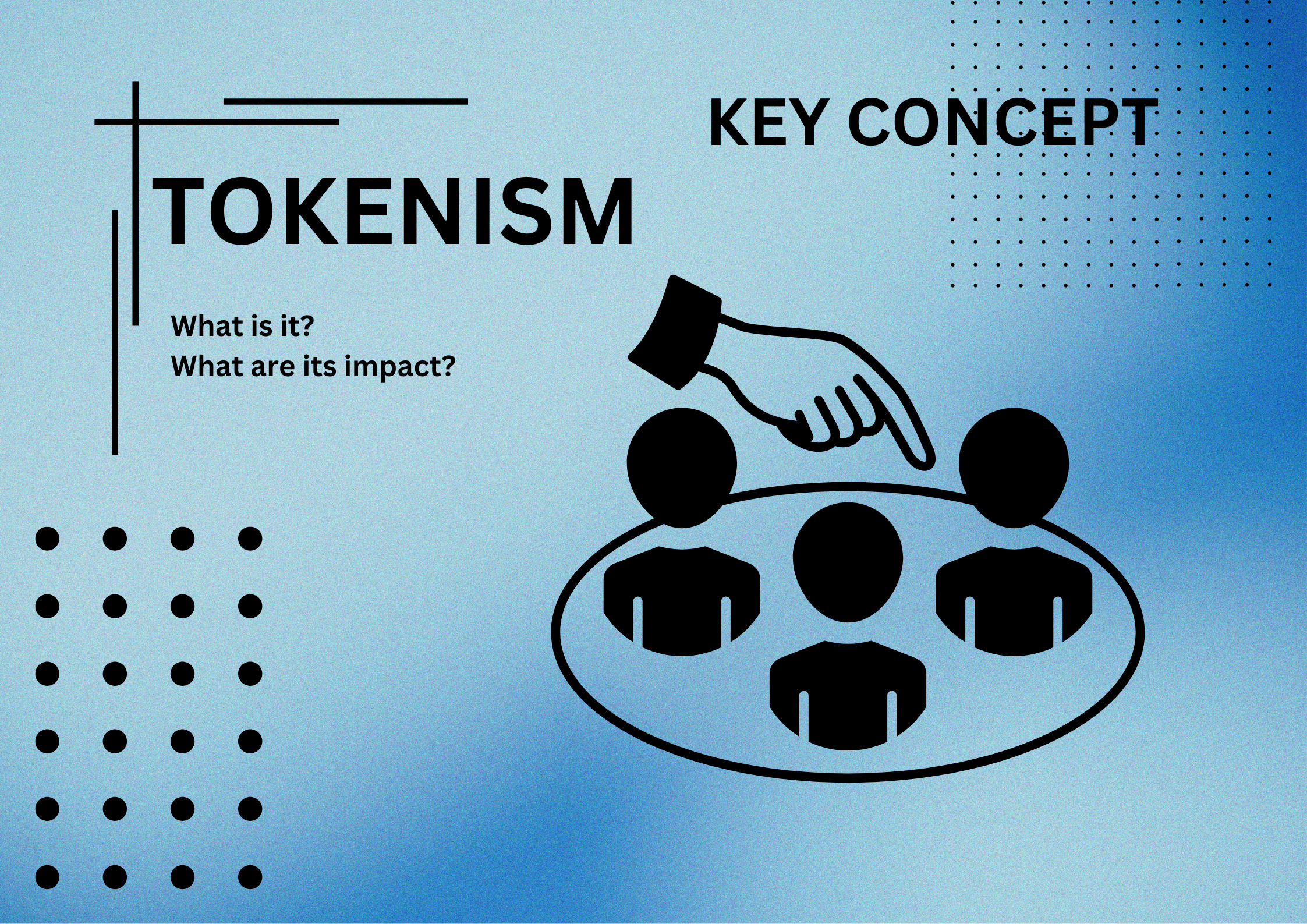What is it and why is it important?
Tokenism is defined as the hiring or promotion of individuals from minority groups that comprise less than 15% of the workforce, to create the appearance of inclusivity.
As DEI initiatives continue to grow within companies, in predominantly homogenous organisations, minority hires, no matter how skilled, may experience tokenism.
- Imposter Syndrome: Although DEI policies are intended to help minority groups, many individuals from these groups feel undeserving of their role or that their employment is merely a symbolic gesture to reach a diversity quota set by the company.
- Decline in Mental Health: Research shows that tokenism leads to increased depression, stress, and burnout. These individuals may feel “othered” or treated differently by the predominantly homogenous groups that surround them.
- Limited Career Progression: Rather than being recognised for their merit, these individuals might be seen as a “diversity hire”. Because of this, they face increased barriers to career progression due to lack of key networks, shortage of mentorships/sponsorships, systemic biases, or not being trusted with important projects that would integrate them into the company’s leadership pipeline.
- Diminished Organisational Morale: The “diversity hire” take may create resentment towards minority workers from those who feel that their inclusion is superficial and unearned. Likewise, members of the minority group may experience imposter syndrome. Consequently, creating disharmony within teams.
- Lower Performance: The pressure placed on token individuals to constantly perform at high levels can result in burnout, stress, and decreased job satisfaction, which may, in turn, affect the organisation’s overall performance.
- Reinforcement of Existing Power Dynamics: Tokenism may inadvertently reinforce existing power structures and inequality in the workplace. Token individuals may be given positions of visibility but lack actual authority, limiting their influence on decisions. Organisations often lose high-performing employees because of rigid, outdated perceptions of who fits certain roles.

